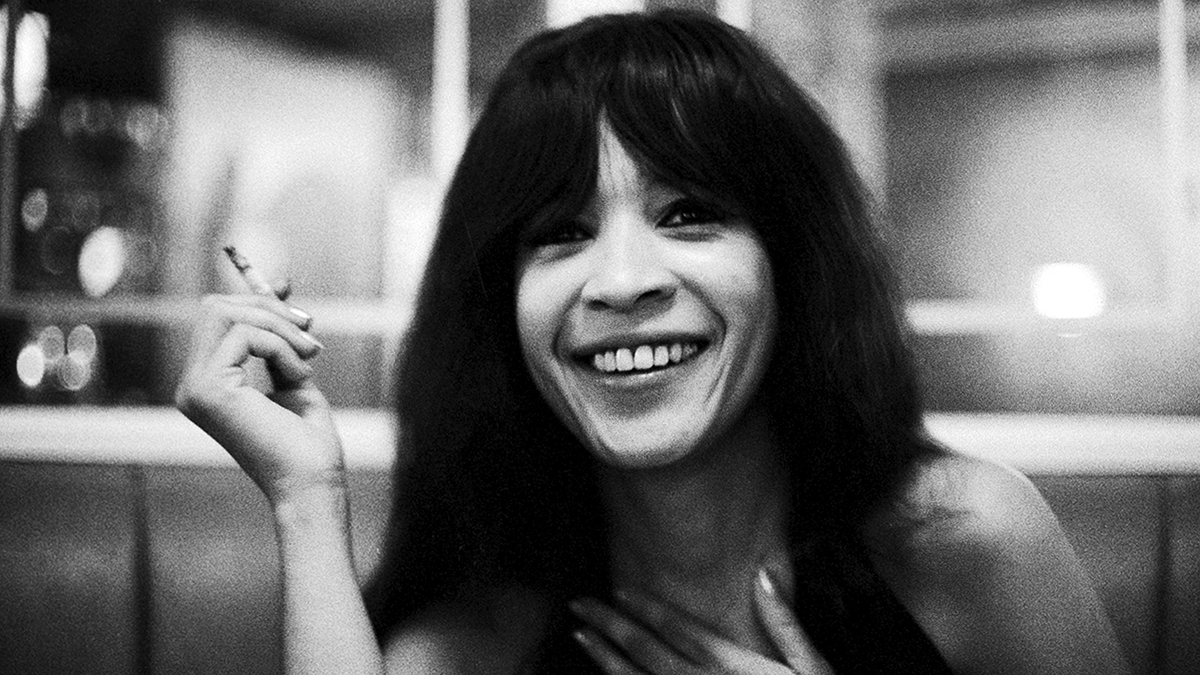Ronnie Spector, lead singer of legendary ‘60s vocal group The Ronettes, dies aged 78
Family says she died following a brief battle with cancer

Ronnie Spector, lead singer of legendary mid-century pop vocal group The Ronettes, has died at the age of 78.
A family statement on the singer’s website reads: “Our beloved earth angel, Ronnie, peacefully left this world today after a brief battle with cancer. She was with family and in the arms of her husband, Jonathan.
“Ronnie lived her life with a twinkle in her eye, a spunky attitude, a wicked sense of humor and a smile on her face. She was filled with love and gratitude.
“Her joyful sound, playful nature and magical presence will live on in all who knew, heard or saw her.
“In lieu of flowers, Ronnie requested that donations be made to your local women’s shelter or to the American Indian College Fund.
“A celebration of Ronnie’s life and music will be announced in the future.
“The family respectfully asks for privacy at this time.”
Get the MusicRadar Newsletter
Want all the hottest music and gear news, reviews, deals, features and more, direct to your inbox? Sign up here.
Spector (born Veronica Bennett) formed the Ronettes in 1957 with Estelle Bennett, her elder sister, and Nedra Talley, the siblings’ cousin. Having achieved little success with their first few singles they sought-out producer Phil Spector, signing to his Philles Records label in 1963.
Success soon followed, with hits such as Be My Baby, Baby, I Love You, The Best Part of Breakin’ Up and Walking in the Rain helping to define the sound of ‘60s pop.
Following the break-up of The Ronettes in 1967, Spector went solo, releasing Try Some, Buy Some (which was co-written and -produced by George Harrison) in 1971. A Ronettes reboot, featuring Ronnie and two new members, came in 1973, but achieved little success.
Later releases included the Bruce Springsteen-penned You Mean So Much To Me, a duet with Southside Johnny, and 1999’s She Talks to Rainbows EP, which was produced by Joey Ramone.
The Ronettes' sound was a big influence on Amy Winehouse during the making of her Back To Black album, which released in 2006. Following Winehouse's death in 2011, Ronnie covered the title track in tribute.
Ronnie was married to Phil Spector in 1968, with the relationship ending in divorce in 1974. In her 1990 memoir Be My Baby, Ronnie documented years of abuse by the producer. She and the other Ronettes sued Phil for $10 million in damages in 1988, eventually receiving more than $1 million in unpaid royalties.
Stars paying tribute to Spector included Beach Boys legend Brian Wilson, who said: “I just heard the news about Ronnie Spector and I don’t know what to say. I loved her voice so much and she was a very special person and a dear friend. This just breaks my heart. Ronnie’s music and spirit will live forever. Love & Mercy, Brian”

I’m the Deputy Editor of MusicRadar, having worked on the site since its launch in 2007. I previously spent eight years working on our sister magazine, Computer Music. I’ve been playing the piano, gigging in bands and failing to finish tracks at home for more than 30 years, 24 of which I’ve also spent writing about music and the ever-changing technology used to make it.
“I actually specifically remember making a deal with myself": Billie Eilish reveals what she had to do in order to become “looser and jazzier” with her vocal delivery
“Nobody listens to one genre. I literally don’t know anybody who listens to one genre. You can be a fan of so many different artists at once”: Laufey on what Gen Z can teach the rest of us about how to appreciate music
![PRS Archon Classic and Mark Tremonti MT 15 v2: the newly redesigned tube amps offer a host of new features and tones, with the Alter Bridge guitarist's new lunchbox head [right] featuring the Overdrive channel from his MT 100 head, and there's a half-power switch, too.](https://cdn.mos.cms.futurecdn.net/FD37q5pRLCQDhCpT8y94Zi.jpg)








